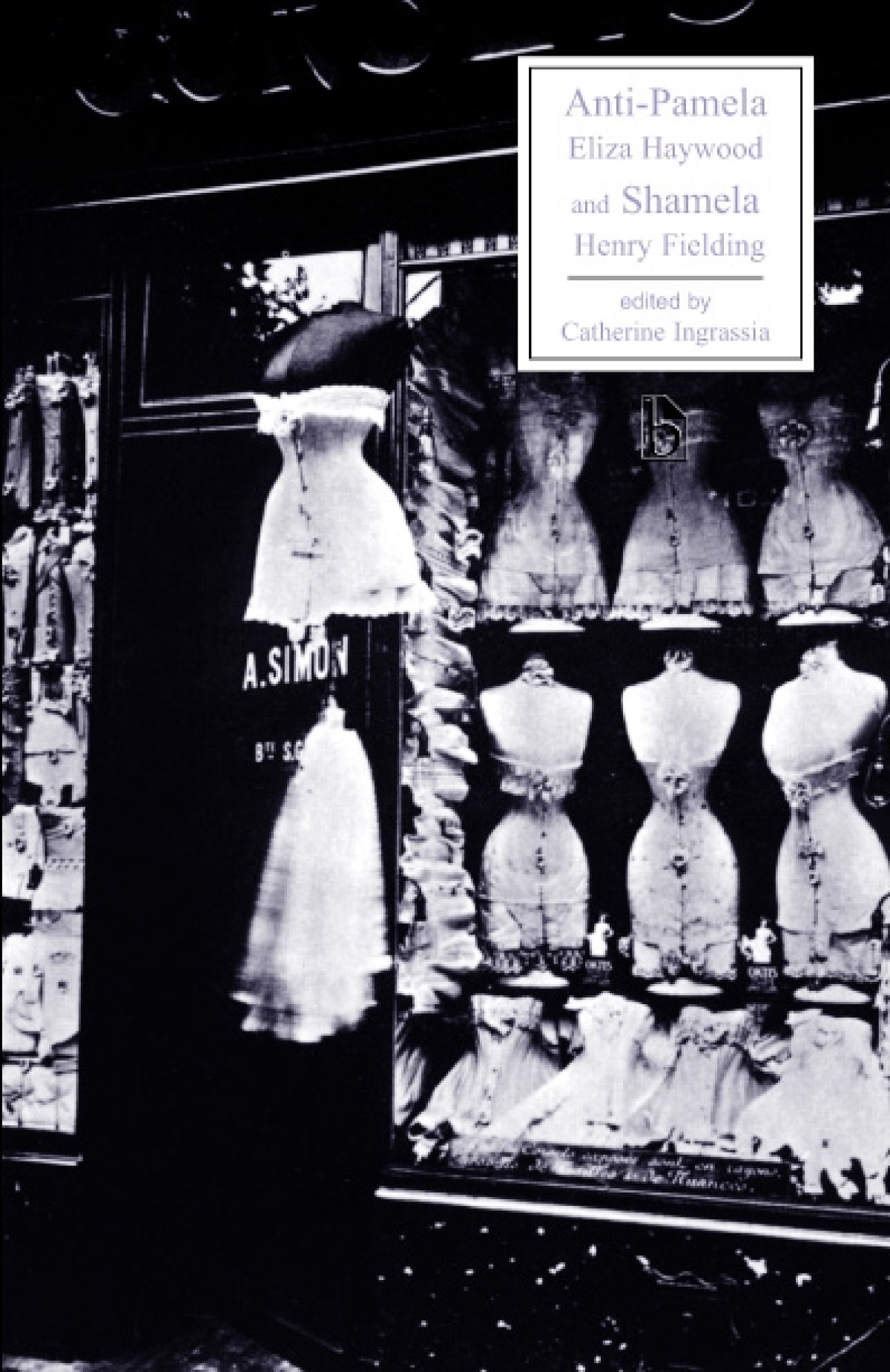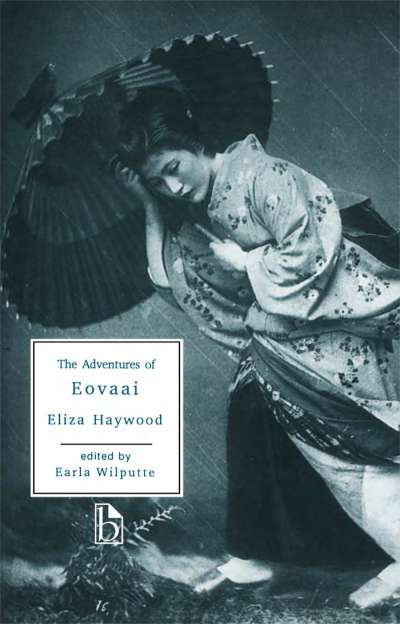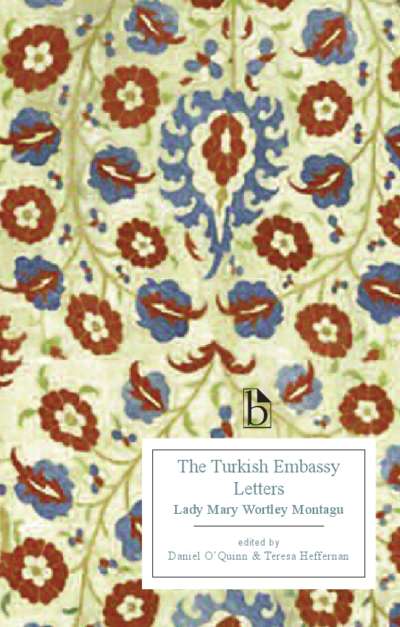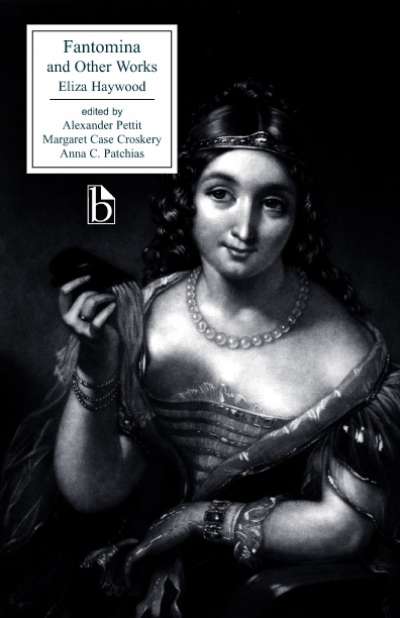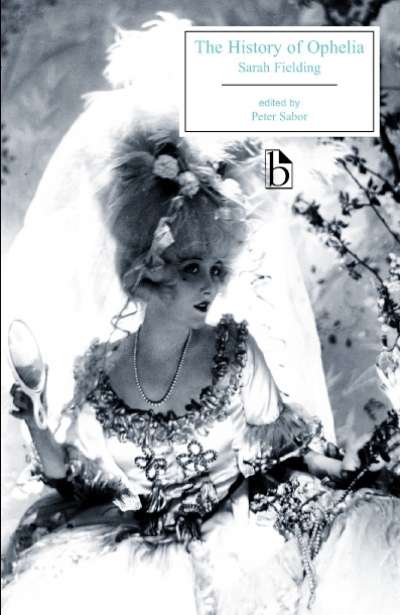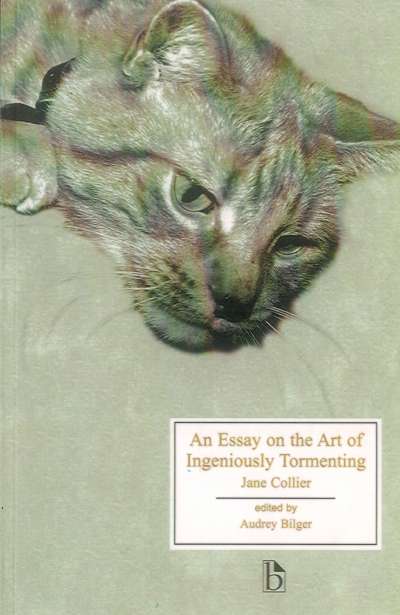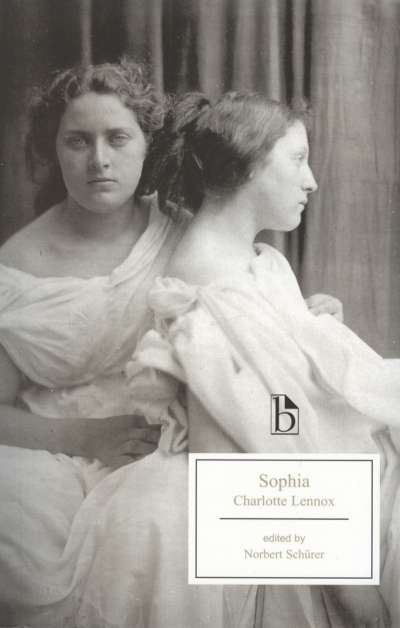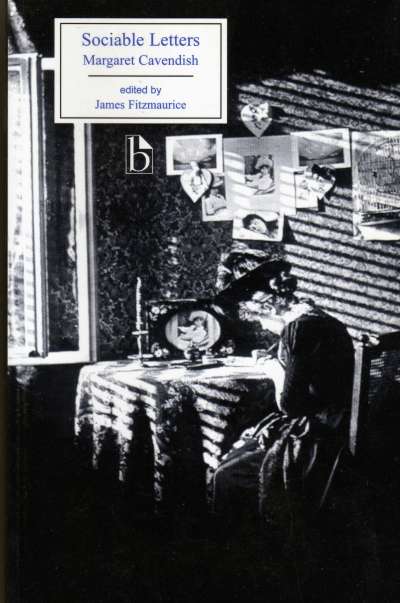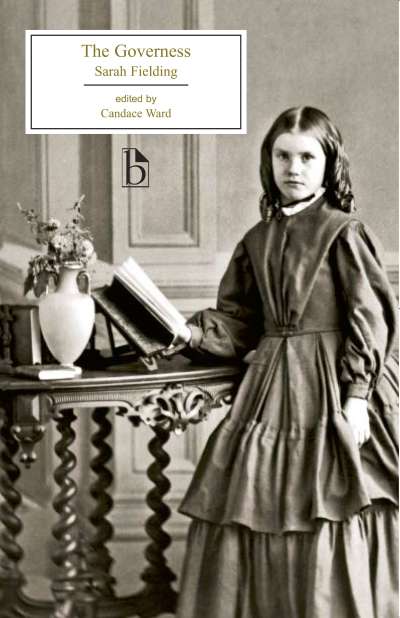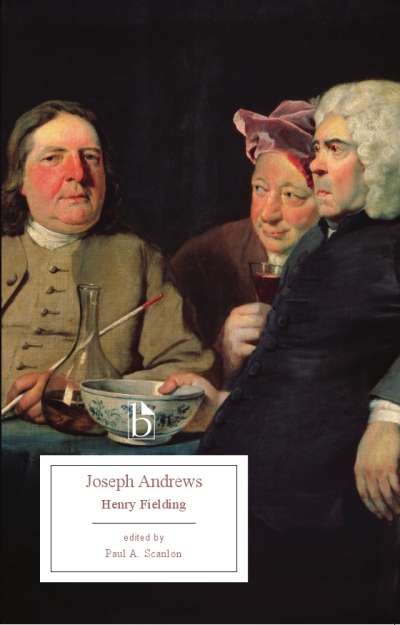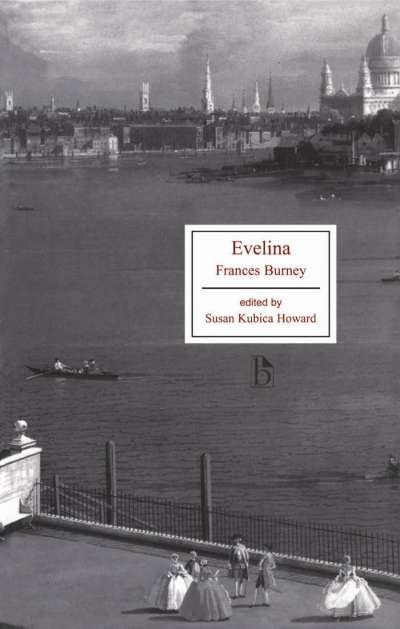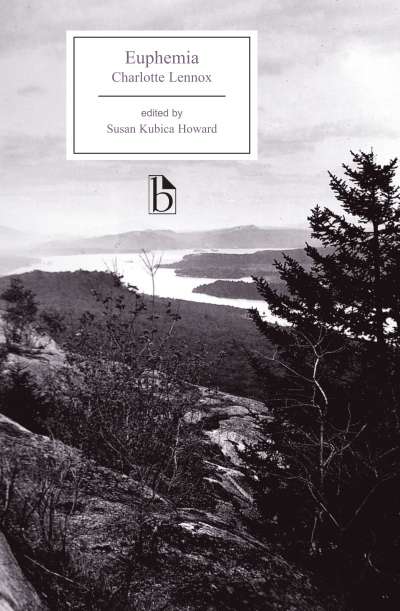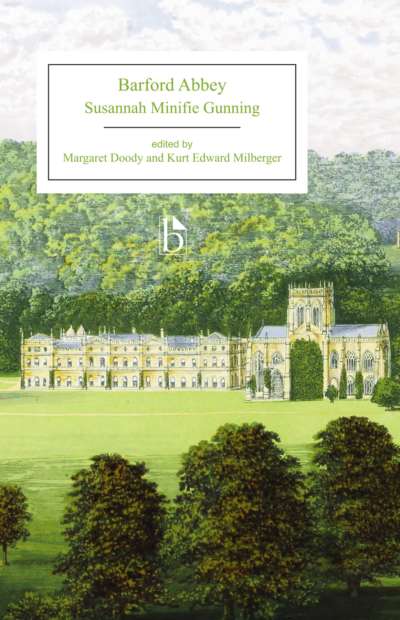Published together for the first time, Eliza Haywood’s Anti-Pamela and Henry Fielding’s
An Apology for the Life of Mrs. Shamela Andrews are the two most important responses to Samuel Richardson’s novel Pamela. Anti-Pamela comments on Richardson’s representations of work, virtue, and gender, while also questioning the generic expectations of the novel that Pamela establishes, and it provides a vivid portrayal of the material realities of life for a woman in eighteenth-century London. Fielding’s Shamela punctures both the figure Richardson established for himself as an author and Pamela’s preoccupation with virtue.
This Broadview edition also includes a rich selection of historical materials, including writings from the period on sexuality, women’s work, Pamela and the print trade, and education and conduct.
Comments
“As the first modern edition of Eliza Haywood’s Anti-Pamela, this book makes available, at long last, a daring work of fiction and its protagonist Syrena Tricksy, a servant girl whose feigned innocence (taught by a wily mother) brings her almost as much treasure as trouble. Coupling Anti-Pamela with Fielding’s well-known Pamela parody, Shamela, makes the book especially appealing. This is a first-rate edition—Ingrassia’s introduction, notes, and supplemental readings are superb and bring Haywood’s and Fielding’s fiction, as well as the Pamela controversy itself, into crisp historical and literary focus.” — Devoney Looser, University of Missouri-Columbia
“An inspired pairing of the two most important early critiques of Richardson’s Pamela, this edition at last makes it possible for students to read Haywood’s darkly satiric Anti-Pamela alongside Fielding’s well-known and hilarious parody Shamela. Ingrassia has put together a splendidly informative volume. The thorough introduction, generous selection of contextual materials, and extensive notes (which contain a wealth of information about economic, legal, and social contexts), make this an exemplary edition.” — Kathryn King, University of Montevallo
“Ingrassia’s carefully prepared edition provides virtually everything any reader, whether novice or seasoned scholar, might need to understand both works fully in their contexts and to arrive at an independent judgment concerning their relative merits. It is impressive in every way—a model thing of its kind.” — Jerry Beasley, East-Central Intelligencer

